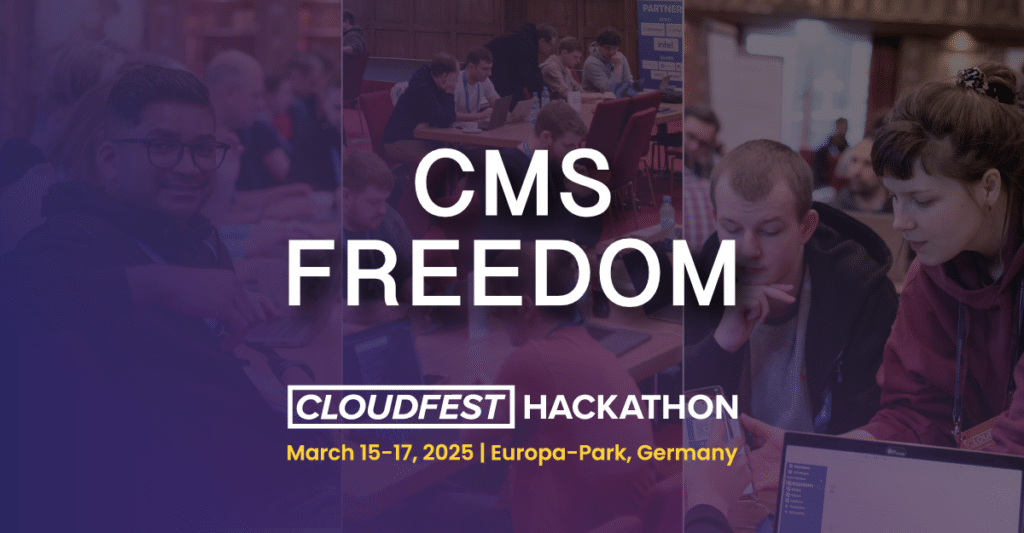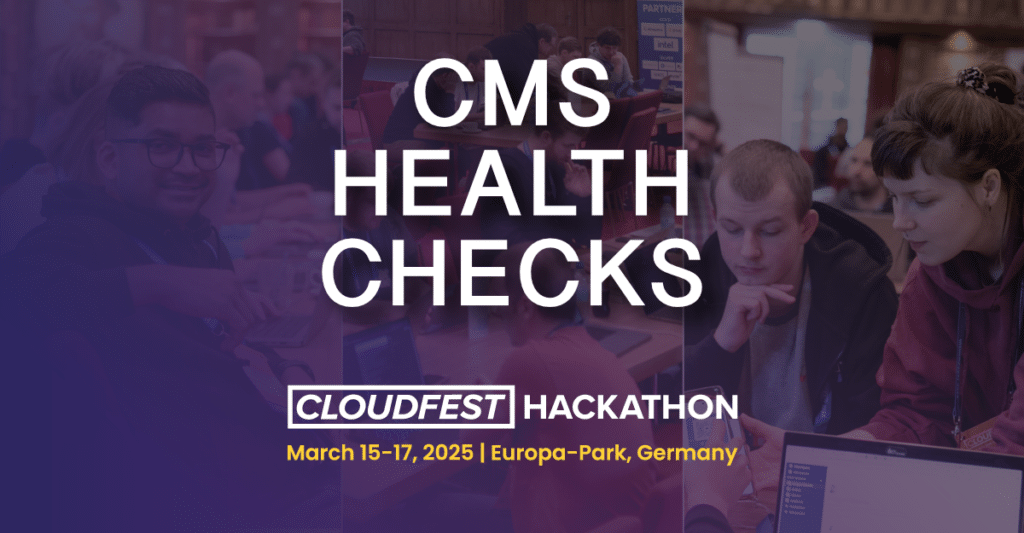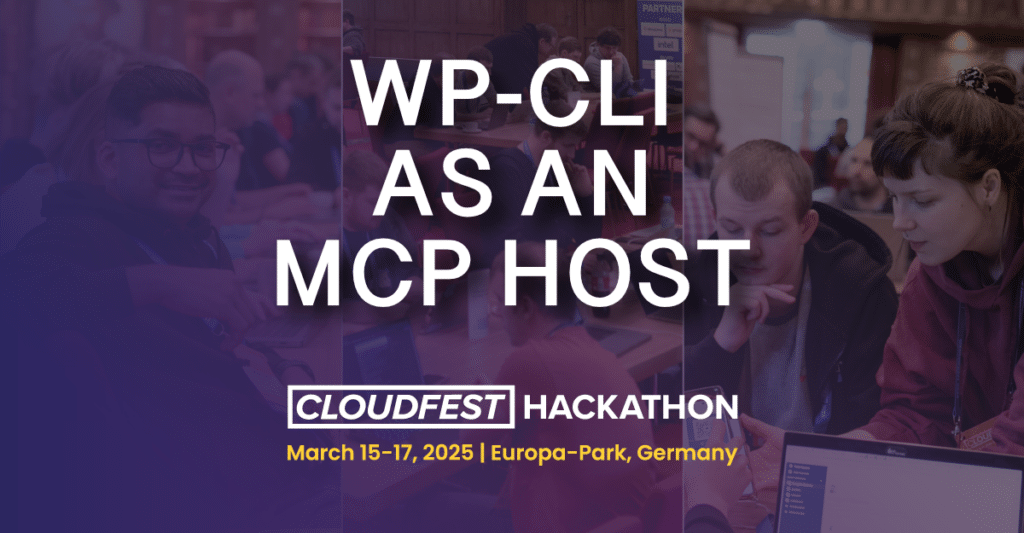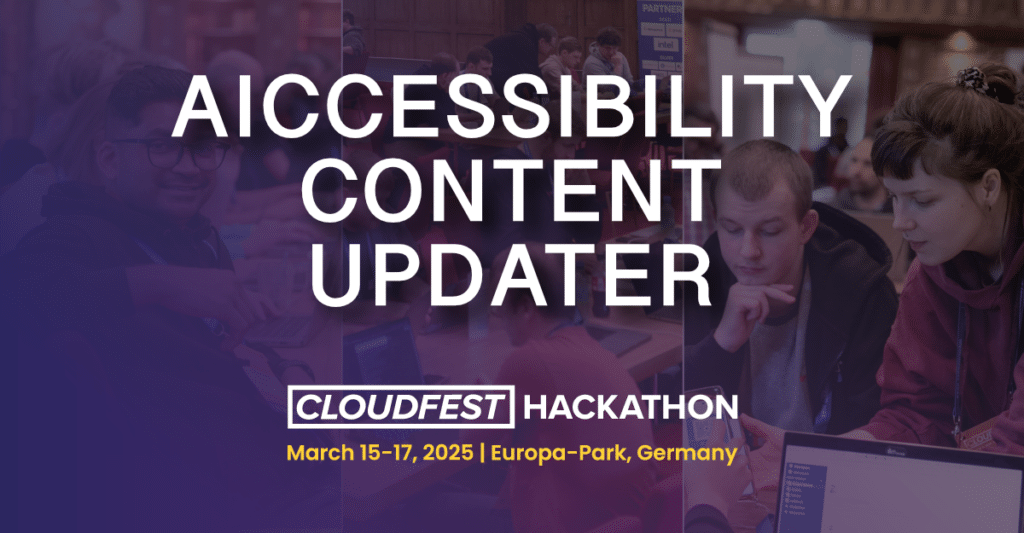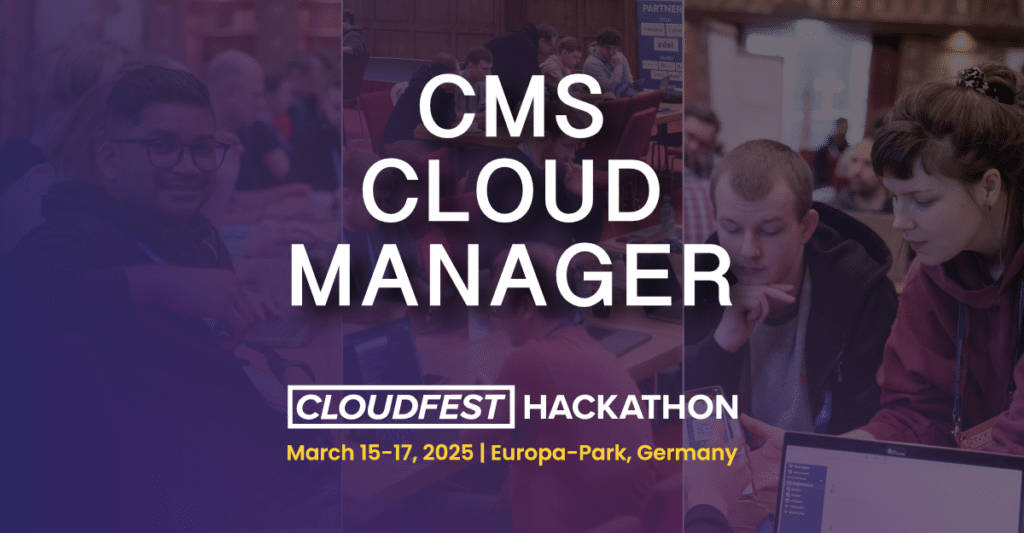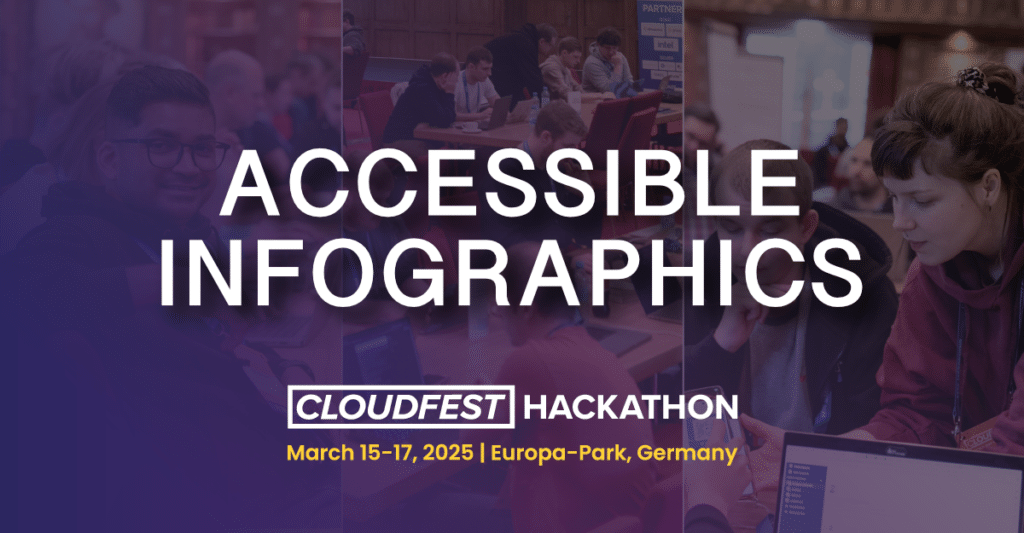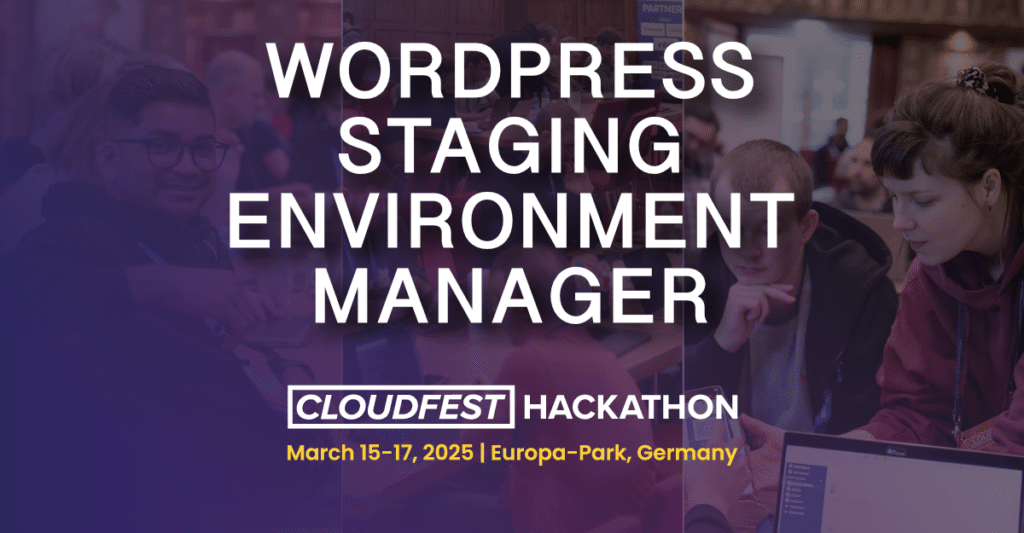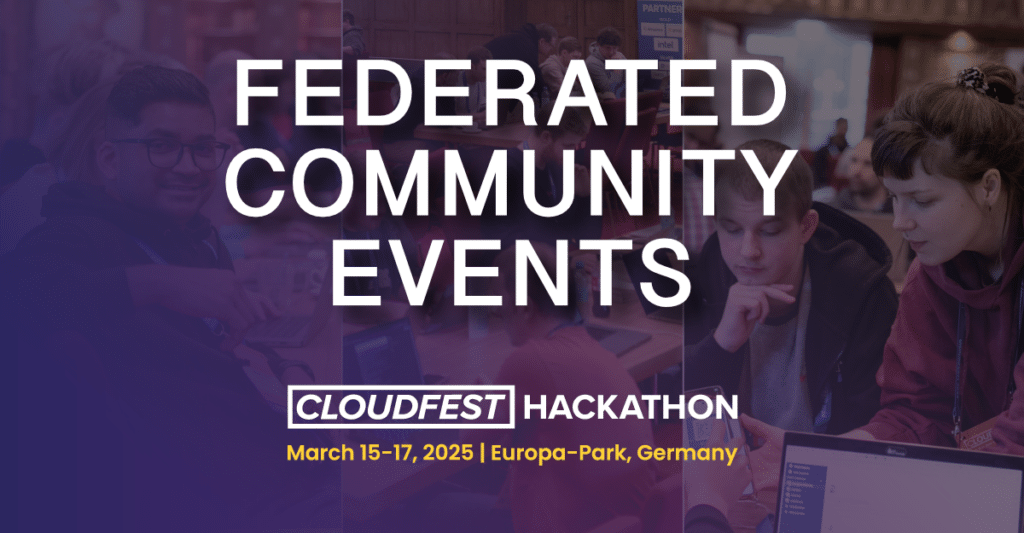Peer-to-Peer Federated RAG Framework
🌟 CF Hackathon 2025 Project Results 🌟
A multinational team representing seven different countries developed an innovative peer-to-peer federated Retrieval Augmented Generation (RAG) framework. Recognizing the limitations of relying on a singular source of context for complex requests, the team created a federated knowledge network for generative AI applications that enables multiple nodes of experts to collaborate and find consensus about what context is the most relevant.
The project’s technical breakthrough came through implementing a vector-based peer-to-peer protocol for federated retrieval based on embeddings, which provided superior efficiency and security. The team integrated existing open-source technologies including Libp2p and LLPhant while contributing improvements to these libraries.
Using Go, Python, PHP, Laravel, and Streamlit, the team built a complete end-to-end MVP that enables decentralized knowledge-sharing. Their collaborative approach and dedicated work ethic—often extending into late evening hours—resulted in a functional peer-to-peer network successfully exchanging vector embeddings. Future development plans include research presentations in Europe, codebase refinement, support for multiple embeddings, and enhancement of the consensus protocol.
The team proudly won both the Tech Visionary and Dream Team Awards.
Pitch Video Interview
Project Description
In today’s data-driven world, efficiently accessing and generating information across diverse domains is crucial. Our project proposes the development of a Federated Peer-to-Peer Retrieval-Augmented Generation (RAG) Network, a decentralized system where each node specializes in a specific domain. This architecture allows content hosts to join existing groups or establish new ones, creating a collaborative environment that enhances information retrieval and generation.
The network operates hierarchically, forwarding queries to the most relevant nodes based on their expertise. Responses are aggregated with a focus on confidence levels, ensuring reliable and accurate information delivery. This approach not only scales efficiently as more nodes participate but also fosters a federated knowledge graph capable of handling similarity queries, thereby improving the depth and relevance of generated content.
By leveraging this federated, peer-to-peer model, our project aims to revolutionize how information is retrieved and generated across various domains, promoting collaboration and specialization within a scalable and efficient network.
Target Audience
- Developers: Expertise in peer-to-peer networking, distributed systems, and RAG models.
- Data Scientists: Experience in knowledge graph construction and query optimization.
- Domain Experts: Specialists in various fields to contribute to node specialization.
- Infrastructure Support: Resources for hosting nodes and managing network operations.
Hackathon Goals
- Design and implement a peer-to-peer network architecture: Develop a decentralized framework that allows nodes to join, leave, and communicate efficiently within the network.
- Develop hierarchical query routing mechanisms: Create algorithms to forward queries to the most relevant specialized nodes or groups based on their domain expertise.
- Implement confidence-based result aggregation: Establish methods to aggregate responses from various nodes, prioritizing results with higher confidence scores to ensure reliability.
- Create a federated knowledge graph: Integrate data from participating nodes to form a comprehensive knowledge graph that supports similarity queries and enhances information retrieval.
- Ensure interoperability and scalability: Design the system to support various data formats and scale efficiently as more nodes and data are added.
Project Leads

Wesley Stessens
Developer at Synio, Codeable Expert & AI Enthusiast

Franco Lombardo
Senior Software Developer, A-Cube
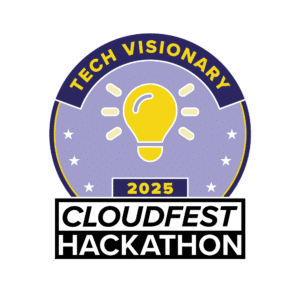
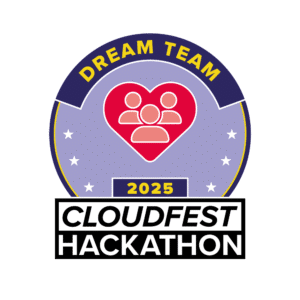
Project Link 🔗
#AI
#RAG
#Distributed
#PeerToPeer
